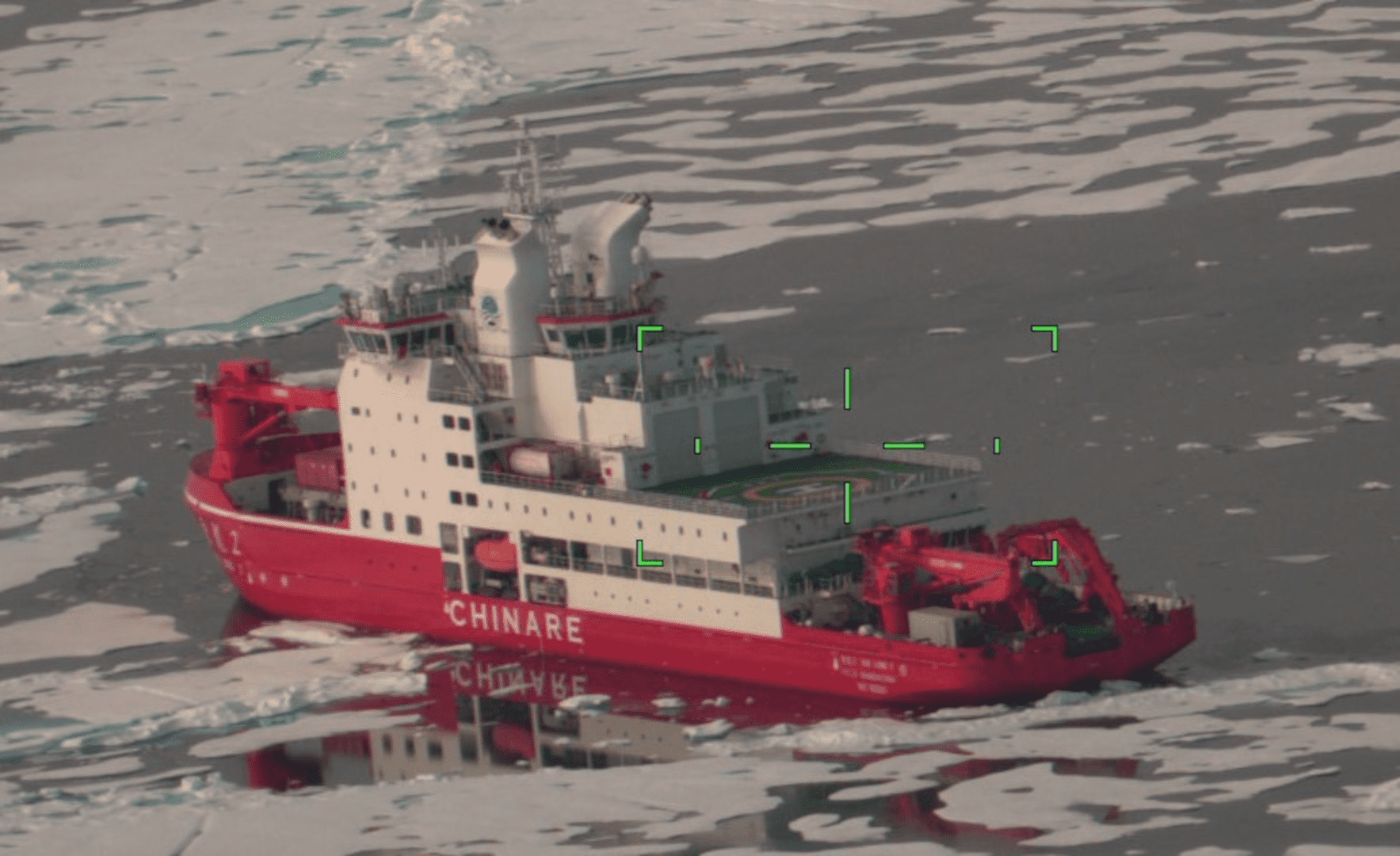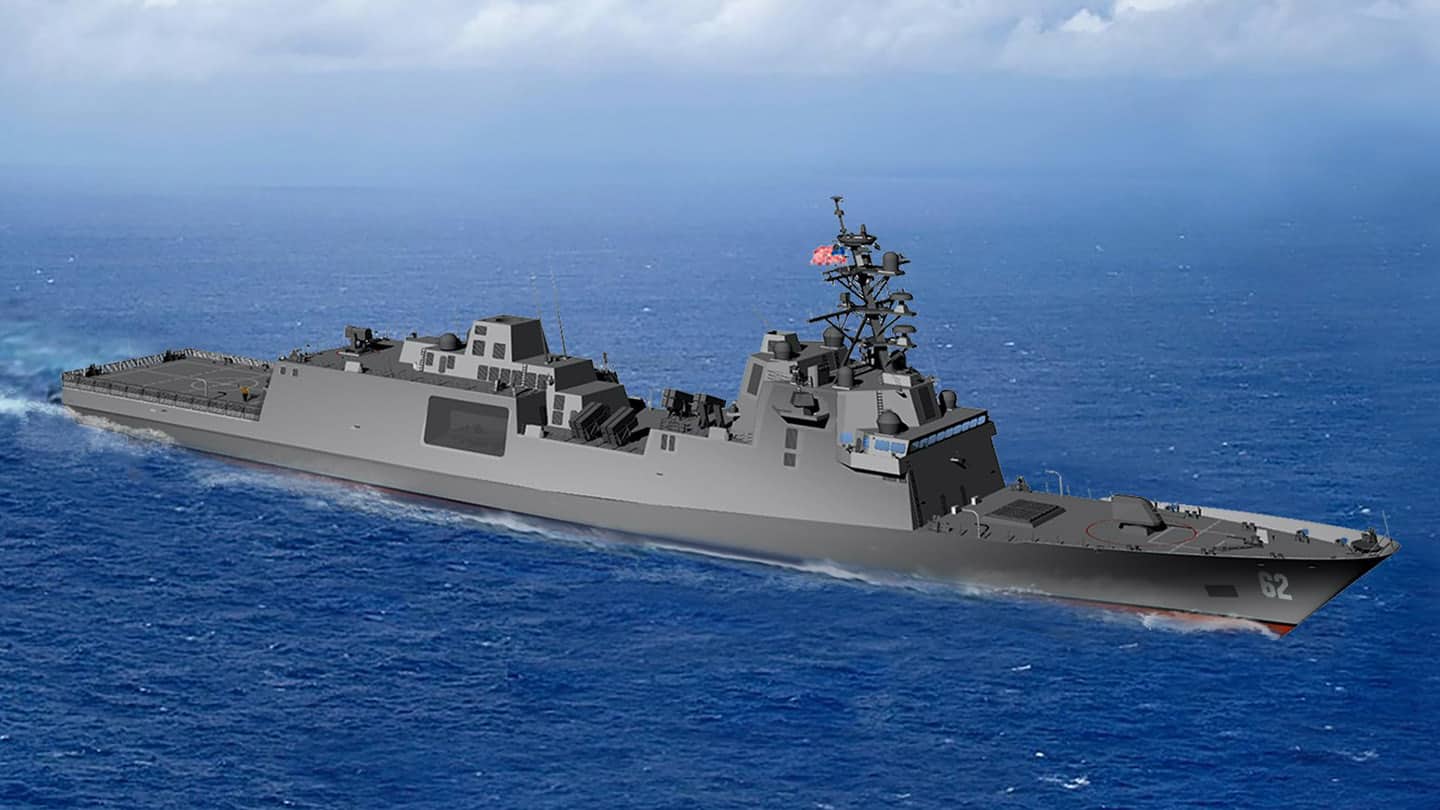
Jess, our latest iPhone contestant submitted a story titled “CG to withhold names of people it rescues”. The Navy Times tells us:
Capping a two-year review of a policy on disclosing the names of people saved in rescue cases, the Coast Guard announced Aug. 24 it now will release rescued peoples’ names only during an active operation — a guideline media experts say exceeds privacy interests and could hamper objective reporting of the service’s performance.
In a service wide message, assistant commandant for operations Rear Adm. David Pekoske said the names of people who are rescued or are the targets of a search-and-rescue operation can be released when the case is “open and active” but will be sealed after it is closed.
Those seeking the information after the case closes must file a Freedom of Information Act for it, but the message doesn’t indicate whether the service will release the information under FOIA.
In general, however, the Coast Guard believes the names of individuals rescued are protected under a FOIA exemption that prohibits disclosures that “constitute a clearly unwarranted invasion of privacy.”
The policy clarification results from a debate within the service about the privacy of rescued individuals. In 2005, while reporter Amanda Garrett of The (Cleveland) Plain Dealer newspaper was working on a story about ice rescues, she requested the names of people saved that year, and in previous winters, to determine whether the Coast Guard was spending taxpayer money to rescue “repeat offenders.”
Her request was denied, even as she and her editors met with then-9th District Commander Rear Adm. Robert Papp to discuss the issue.
“It’s that old rumor year after year, that it’s the same people getting rescued on the ice. We wanted to see if it was true,” Garrett said. Go to Full Article…
I have mixed feelings about this. On one hand I strongly agree with the desire to protect personal identities and regard this as an important topic in the modern uber-connected world. On the other hand I can see the opponents’ stance but I don’t think they have the right intentions. We should not need to worry about the legal implications of calling in a MAYDAY or the coast of rescue. Incidents are currently investigated by the Coast Guard and repeat offenses are considered when they decide to revoke a mariner’s license. This is not the job of the media and, in fact, limiting communications via open radio frequencies is now taught at maritime training centers worldwide. The fear; a media outlet hears a distress call on their scanner enters the ship’s name into Google and finds a crew member’s myspace.com post describing the ship. They take that name look it up in the phone book and call his wife! Not a phone call I would ever like my wife to receive regardless of my condition.
The larger concern, however, is with the revocation process itself and criminalization of the mariner. The Coast Guard is currently experiencing significant amounts of congressional pressure focused on the treatment of mariners in . gCaptain has also learned of pressure being applied to mariners who have made honest mistakes while others who are clearly at fault escape mostly unnoticed. Conversely I have discussed this issue with sources inside the USCG who tell me of the difficulties they have in succesfuly revoking the licenses of guilty mariners.
My concern is not with the amount of tax dollars spent on rescues, it’s with the much larger monetary and ancillary costs associated with determining fault and prosecuting (or deciding not to prosecute) mariners after an accident. Are guilty “repeat offenders” sailing the ocean today? Yes, I know of at least one but at the same time an increasing number of mariners, who adhered to the “Rule of Good Seamanship”, are being prosecuted for what were one called mistakes.
Michael Grey of Lloyd’s List had this to say on the subject:
We cannot keep throwing people who make mistakes into jail and using criminal sanctions willy-nilly without consequences. A highly undesirable consequence will be if people are turned off the whole idea of responsibility because it can land them in goal (jail). It is already happening, so I am told by those who know. My view is that there should be a great deal of universal anger about criminalization in general and this U.S. case in particular, in which the whole industry needs to sing from a single hymn sheet.
To conclude I am for privacy, letting the Coast Guard do their job and recognizing that good people sometimes make bad mistakes. My concern is with correctly assessing guilt and acting appropriately. Amanda Garret asked “It’s that old rumor year after year, that it’s the same people getting rescued on the ice.” I ask not about the rescue but why repeat offenders are allowed to sail and who will be available to rescue my crew after they have called for a rescue chopper.

John Konrad is a USCG licensed Master Mariner of Unlimited Tonnage currently working as Chief Mate aboard a 865′ ship in the Gulf of Mexico. Since graduating from SUNY Maritime College he has sailed in 4 of the worlds oceans and reports from his ship via satellite.

 Join The Club
Join The Club












